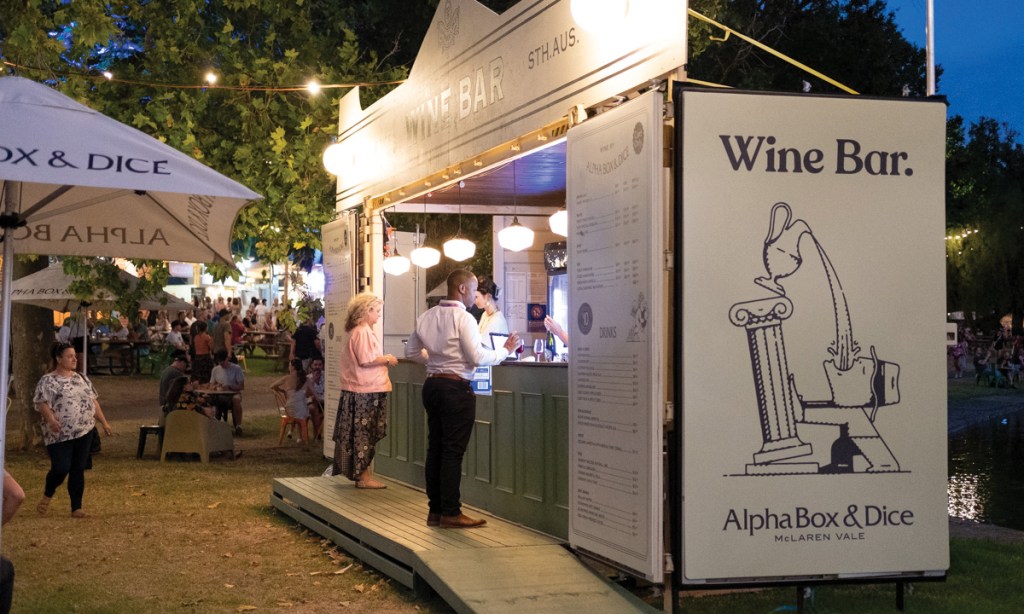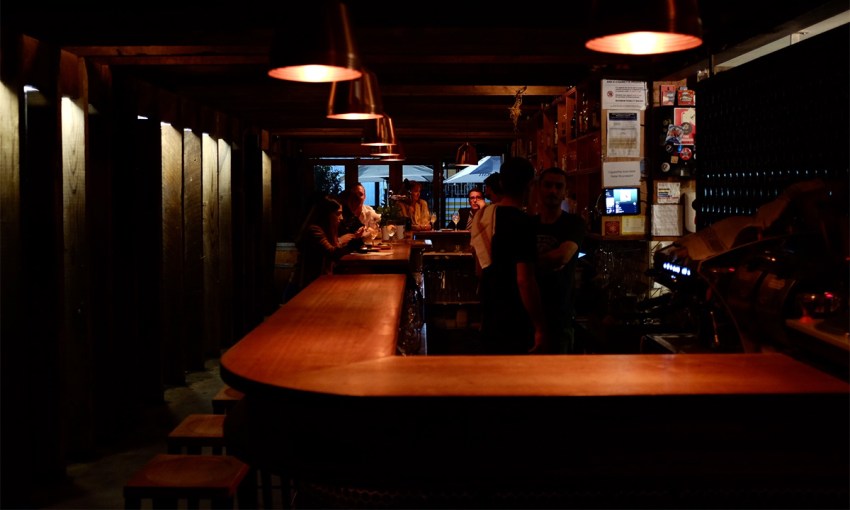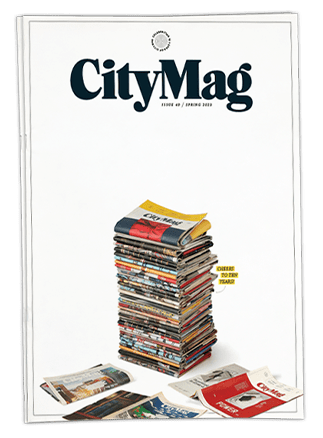Just over a decade ago, the introduction of the Small Venue Liquor Licence helped transform Adelaide's events scene.
A small licence with a big impact
What seemed like a logical legislative reform was the catalyst for transforming Adelaide’s nightlife, and the future of the city along with it. The introduction of the Small Venue Liquor Licence launched our national reputation and the career prospects of a new generation of creatives and entrepreneurs.
My involvement in the Small Venue Liquor Licence goes back to the start of Adelaide’s Vibrant City Agenda – a vision and raft of reforms and initiatives that would transform Adelaide into a place people would want to live and make their dreams a reality.
This article first appeared in our 10 Years of CityMag, Spring 2023 edition, which is on streets now.
It wasn’t until I returned from a stint living in Tokyo, that I noticed Adelaide was now a city filled with young people with a global mindset. However, I realised it was also a city stuck between two worlds: one that was creating new scenes and reimagining the established order, and another that found itself stuck in the belief that you needed to leave to find success.
It was in this transitional period I recognised the potential, and so I began to forward stories of change and creativity to the Premier. These discussions with the government confirmed that the people we were speaking to were the thinkers and changemakers we needed to keep in our city to survive and compete in the global ideas’ economy.
It was time to shake off the ‘City of Churches’ reputation and create a place where people wanted to live, work and celebrate.
I set about the self-appointed task of finding the people, opportunities and vision required to bring this to life and prevent the issues.
By bringing the people the government wanted to reach to the policy development table, it was able to identify opportunities and roadblocks, and help encourage more people to sign up and transform Adelaide.
Small Venue Liquor Licence played a pivotal role in this transformation, through the work done to bring people together and empower them to take risks and create new ideas. This is why the Small Venue Liquor Licence was so successful.
The licence was developed as a direct response to the messages the government was receiving from this new movement.
A couple of years before this, I facilitated increased support and recognition for Renew Adelaide, the not-for-profit organisation that negotiates free rent for artists, creatives and entrepreneurs.
Designed to show how creatives can transform economic landscapes, Renew Adelaide worked to reimagine and activate unused shop fronts, buildings and main streets. Success sat in Renew Adelaide’s ability to bring creatives together and provide them with a space to achieve their goals.
It also provided a platform for creatives and entrepreneurs to talk directly with the government, influence policy reform and secure funding support for better urban design and development of the creative economy.
People were noticeably inspired. It fuelled a new generation of creative industries to emerge, supporting hospitality, publishing, theatre and film, tech start-ups, manufacturers, growers, brewers, and arts venues. People were leaving established careers to pursue dreams, and this came with a demand for reform to help them overcome regulatory and cultural roadblocks.
Pretty soon the established and big end of town were being inspired by this movement and began to invest in new people and new ideas.

The Adelaide Fridge showed that small bars can make a big difference in Adelaide.
The Adelaide Fringe also played its part. As a festival growing in popularity, it actively encouraged creatives to experiment and open new venues. To support this, rigid planning and licencing laws were relaxed so the festival could access unused space and transform it into much-needed venues.
It showed that by relaxing planning and licencing laws, it could help the creative and night economy culture, with minimal impact on other areas.
The Small Venue Liquor Licence was designed to make it cheap and easy to obtain a licence and to remove the power of liquor licencing inspectors to decide what music could be played in a venue.
By this stage, people were lining up out the door, and it created a turning point for a movement that continues to evolve and grow today.





